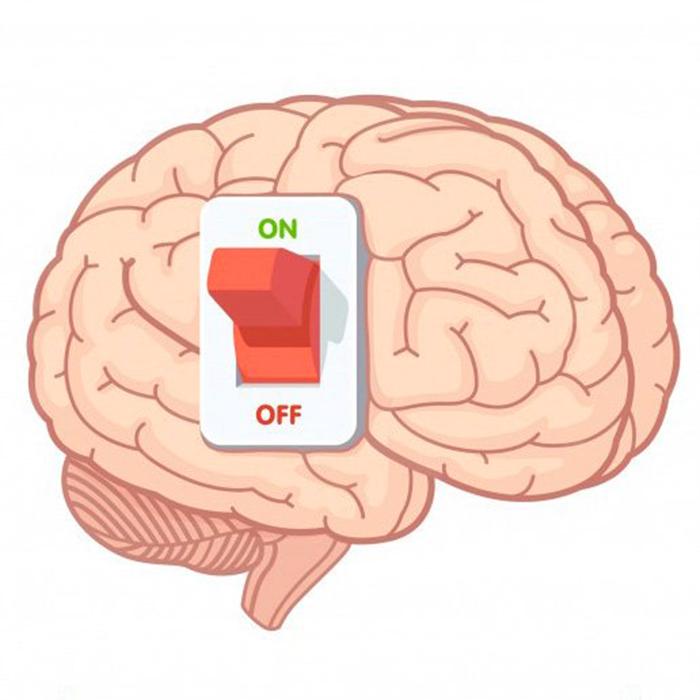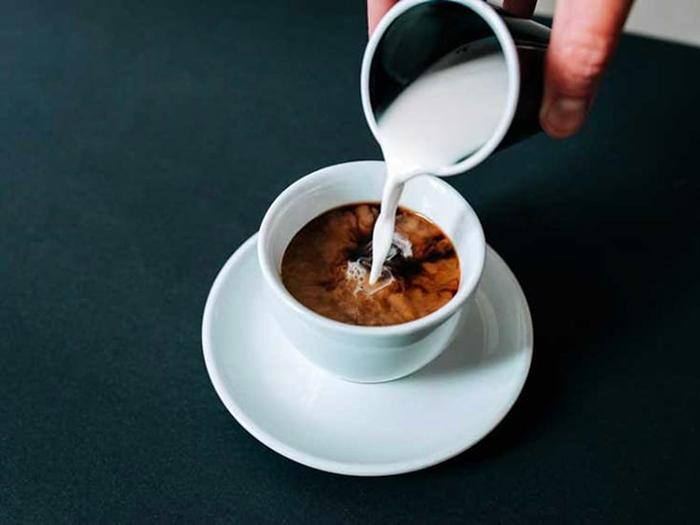Coffee is one of the many drinks that people love, and you can see it everywhere, sold in your area, sold on all e-commerce platforms, and even sold on the internet listed on the stock exchange is a commodity traded worldwide.
And of course, in this article, we are not talking about the economic aspects of coffee, but we are talking about the main effects, and the main substance in coffee is caffeine, how does it affect our body.

Many people say that drinking coffee will not have any effect, help wakes up, but some people when they drink coffee will cause such a state of stress and insomnia. So should you drink it or not?
Here are the latest research findings on caffeine and your health. How does caffeine affect the body?
Effects of caffeine

Once consumed, caffeine is quickly absorbed from the intestines into the bloodstream.
From there, it travels to the liver and is broken down into various compounds. These substances act on different organs.
The main effect of caffeine is on the brain.
It blocks the effects of adenosine, a neurotransmitter. More adenosine helps to relax the brain and make you feel tired.
Normally, adenosine levels build up during the day, making you tired and sleepy.
Caffeine keeps you awake by connecting with adenosine receptors. This blocks the effects of adenosine, reducing fatigue.
It can also increase blood adrenaline levels and increase the chemicals dopamine and norepinephrine (euphoric hormone).
This combination further stimulates the brain and promotes a state of euphoria, alertness and focus. Because of its effect on your brain, caffeine is considered a psychostimulant.
Caffeine exerts its effects quickly.
For example, the caffeine in a cup of coffee can take as little as 20 minutes to enter the bloodstream. And It takes about 1 hour to reach full effect.
Caffeine's main effect is on the brain. It stimulates the brain by blocking the effects of the neurotransmitter adenosine.
What foods and drinks contain caffeine?

Caffeine is found naturally in the seeds, nuts, or leaves of some plants.
These natural sources are then harvested and processed to make caffeinated beverages.
Here are the expected amounts of caffeine per 8-ounce (240 mL) serving of some popular beverages:
- Espresso: 240–720 mg
- Coffee: 102–200 mg
- Yerba mate: 65–130 mg
- Energy drinks: 50-160 mg
- Brewed tea: 40–120 mg
- Soft drinks: 20–40 mg
- Decaffeinated coffee: 3–12 mg
- Cocoa beverage: 2–7 mg
- Chocolate milk: 2–7 mg
Some foods also contain caffeine. For example, 28 grams of milk chocolate contain 1–15 mg, while 28 grams of dark chocolate have 5–35 mg.
You can also find caffeine in some prescription or over-the-counter medications. These medications include cold, allergy, and pain relievers. It is also a common ingredient in weight loss supplements.
View more: Should Drink Coffee Before Workout Weight Loss Exercise?
Effects of Caffeine on Overall Health
Many studies have shown that coffee enhances athletic performance and provides many other benefits to human health. If you can't use supplements like Pre-Workout, enjoy a cup of coffee without sugar to exercise and still be as energetic as anyone.
Can boost metabolism and burn fat
Due to its ability to stimulate the central nervous system, caffeine can increase metabolism by 11% and fat burning by 13%.
In fact, consuming 300 mg of caffeine per day can allow you to burn an extra 79 calories.
However, a 12-year study on caffeine and weight gain noted that participants who drank the most coffee were on average only 0.4–0.5 kg lighter at the end of the study.

Caffeine can boost metabolism and promote fat loss. Even so, these effects are not significant in the long run.
View more: Is Coffee Good to Lose Belly Fat?
May protect against heart disease and diabetes.
Caffeine does not increase the risk of heart disease.
In fact, evidence shows a 16-18% lower risk of heart disease in men and women who drink 1–4 cups of coffee per day (providing about 100–400 mg of caffeine).
Other studies show that drinking 2-4 cups of coffee or green tea per day is associated with a 14–20% reduction in stroke risk.
One thing to keep in mind is that caffeine can raise blood pressure in some people. However, this effect is generally small (3–4 mmHg) and tends to fade for most people.
It may also protect against diabetes.
Those who drank the most coffee had up to a 29 percent lower risk of type 2 diabetes. Similarly, those who consumed the most caffeine had up to a 30% lower risk.
The researchers observed that the risk decreased by 12–14% for every 200 mg of caffeine consumed.
Interestingly, consuming decaffeinated coffee also reduced the risk of diabetes by 21%. This indicates that other beneficial compounds in coffee also help fight type 2 diabetes.
Caffeinated beverages such as coffee and tea may reduce the risk of heart disease and type 2 diabetes. However, this may depend on the individual.
Safety and side effects
Consuming caffeine is generally considered safe. Some side effects include restlessness, tremors, irregular heartbeat, and trouble sleeping.
Drinking too much caffeine also causes headaches, migraines and can cause high blood pressure in some people. In addition, caffeine can increase the risk of miscarriage or having a low-birth-weight baby pregnant women should limit.
Note further that caffeine can also interact with some medications. Therefore people taking the muscle relaxer Zanaflex or the antidepressant Luvox should avoid caffeine. This is because these drugs can increase their effects.
Caffeine can have side effects, including anxiety, restlessness, and trouble sleeping.
Recommended dosage
Each day our body should only consume from 200mg to less than 400mg, equivalent to 2 or 4 cups of coffee per day is the most appropriate. An overdose of coffee can also be fatal.
Therefore, for an adult, normal body, an average day should absorb about 300mg of caffeine, depending on the type, equivalent to 3 cups of coffee. Pregnant women should limit their daily intake to 200 mg.
A caffeine intake of 200 mg/time and up to 400 mg/day is considered safe. Pregnant women should limit themselves to 200 mg or less.

Best Sellers in Ground Coffee:
Epilogue
And in the end, the best thing you can do is try drinking some coffee and see how your body responds to it. You can try a variety of coffees, maybe this one for you. You have a feeling of restlessness, but you change to another type of coffee that helps you stay awake, but the feeling of anxiety is gone.
And if you're a little more careful, you can consult a doctor or specialist before you drink coffee if you have insomnia or anxiety problems.
View more:
- Insulin? Eating Frequently and Insulin – Mechanism of Action of Insulin
- What Is Hemp Protein? How to Use It Effectively?
- Benefits of Soybeans to The Body You Should Know






